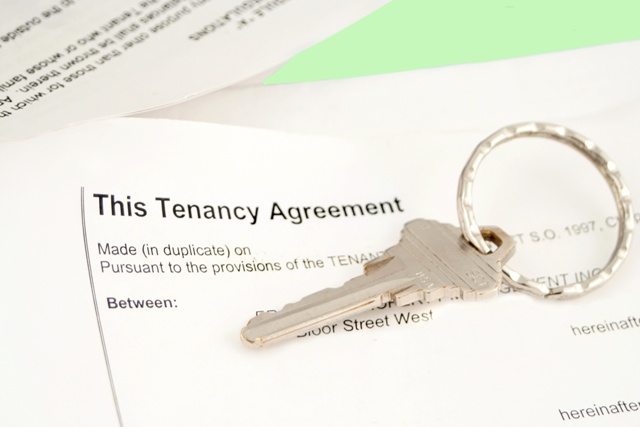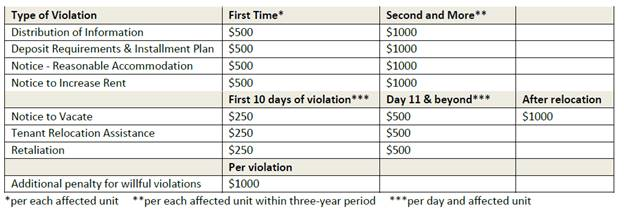That not only does the governor’s proclamation ban evictions, it also bans threatening a tenant with eviction? The state moratorium bans any action to remove a tenant, with three exceptions. A tenant may be given a notice to vacate only if the owner wants to sell the property, wants to move in themselves or the tenant creates a, “significant and immediate risk to the health, safety or property of others.”
The Northwest Justice Project reports an increase in notices to vacate due to the landlord’s intention to sell. Some tenant advocacy groups theorize that landlords are using this option to evict tenants who have not paid rent. The governor’s office said, “if a complaint is filed with the (Attorney General’s Office) and it is determined that the owner acted in bad faith, there would potentially be grounds to take legal action against the owner.”

However, many landlords are also suffering financially due to the pandemic and legitimately need to sell. The president of the Washington Landlord Multifamily Housing Association, which also represents small landlords, stated that, “individuals who rent just one or a few properties are experiencing hardship amidst COVID-19 when their residents are unable to pay rent.”
Several Seattle landlords have filed a federal lawsuit against the state and the city of Seattle over Governor Inslee and Mayor Jenny Durkan’s emergency eviction moratoriums, and a Seattle City Council repayment ordinance that largely blocks landlords from even trying to collect unpaid rent until six months after the pandemic emergency ends.
We are here to help you and your clients with all aspects of the rental market. Please contact us for further assistance!
Nothing found herein should be construed as an attempt to offer or render a legal opinion or otherwise engage in the practice of law. You should not rely solely on this information. We encourage our clients to work with a lawyer experienced in commercial and/or residential real estate matters as they can be complicated and confusing.


 Facebook
Facebook
 X
X
 Pinterest
Pinterest
 Copy Link
Copy Link

